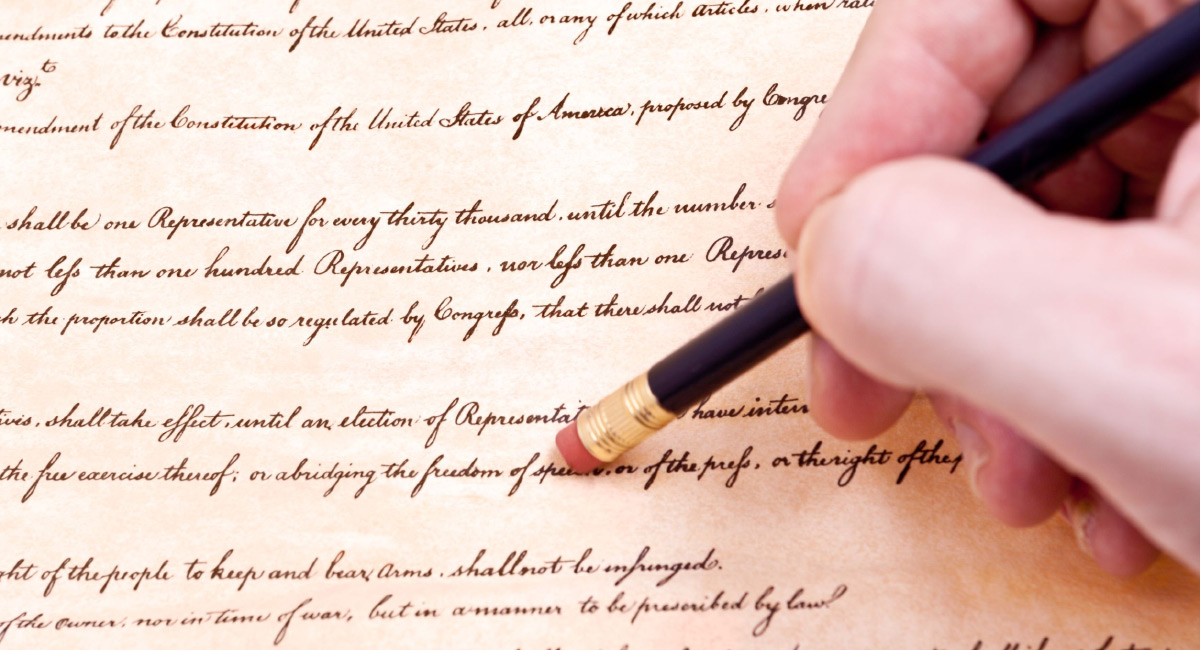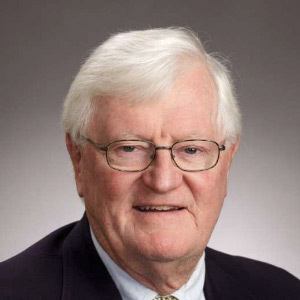The First Amendment, we are told by numerous constitutional scholars, protects hate and racist speech. But the Supreme Court has been inconsistent.
When I was recently a trustee at a college in Texas, two African-American employees got into a heated argument, with one losing her temper and using a racist epithet.
The target asked the administration to fire the offender, and it did. When I asked whether the offender’s epithet was protected by the First Amendment, as racist or hate speech is, the administration said that the Supreme Court supported the firing. In 2006 the court ruled 5-4 in Garcetti v. Ceballos that the administration even at a public institution can control the speech of employees to some extent to maintain an effective workplace.
First Amendment protections apply only to a public employee’s speech in a private context, not in the exercise of his or her duties. Reads Garcetti: “We hold that when public employees make statements pursuant to their official duties, the employees are not speaking as citizens for First Amendment purposes, and the Constitution does not insulate their communications from employer discipline.”
Think about what this means: public-employee speech can be restricted; the First Amendment does not fully apply in a public workplace; a public institution with conservative-leaning can fire an employee for saying liberal things, and conversely, a liberal-leaning public institution can fire an employee for saying conservative things.
Yet in defense of free speech we read the late Justice Antonin Scalia observing, “If you stop speech that hurts other people’s feelings, the First Amendment will become a dead letter.” And when Justice Samuel Alito was an appellate judge, he opined, “There is no ‘harassment exception’ in the First Amendment’s free speech clause.” In Matal v. Tam, “viewpoint discrimination”—against insensitive viewpoints—was ruled unconstitutional. And Justice William O. Douglas in Terminiello v. Chicago wrote in the majority opinion: “The function of free speech under our system of government is to invite dispute.... Speech is often provocative.”
Some months ago, I debated a regent from a flagship public university in Texas, who stated that if a student racially offended another student, the offending student would be tossed out of school “by the end of the day.” But if a university takes government money, as his does, it must comply with the First Amendment, which protects offensive speech, even hate and racist speech. But on the other hand, Garcetti would permit the offending student’s dismissal from the university.
Here’s the contradictory crux: what is to triumph in the public domain, the First Amendment or Garcetti? Under Garcetti, a public university with a liberal bent (most of them) could conceivably fire, punish, or deny tenure to a conservative professor for undermining the political philosophy of the university. I considered teaching English composition at a community college in Oakland, Calif., until I read the school’s mission statement, which emphasized that the school promoted “education, diversity, and social justice.” Could I not get fired under Garcetti for not teaching social justice in a composition course?
There is a related problem with offensive speech on public campuses. Student protesters using the so-called hecklers’ veto will not permit certain speakers to appear on campus. I cite the famous case of Charles Murray, whom a large number of screaming students would not permit to speak at Middlebury College. What can be done about this?
Not much, if anything.
In their brilliant book, “The Coddling of the American Mind,” authors Greg Lukianoff and Jonathan Haidt write: “If the sum total of protesters’ actions substantially interferes with the ability of audience members to listen, or the speaker to speak, then those who are responsible for the interference must face some punishment.”
But the authors do not tell us how. What punishment is possible or will work? Toss the student protesters out of school for the rest of the semester? I don’t see college administrators doing this. Have security guards arrest the hecklers? That surely will shut down the lecture event. Have security take the names and addresses of hecklers? Use surveillance cameras to record protesters? Then what? And what if they’re antifa protesters from off campus?
What, then, is the current state of free speech in the public workplace and on public campuses? It’s not healthy. Garcetti can in large measure shut free speech down in public institutions, and hecklers can stop free speech on campus pretty much with impunity.








